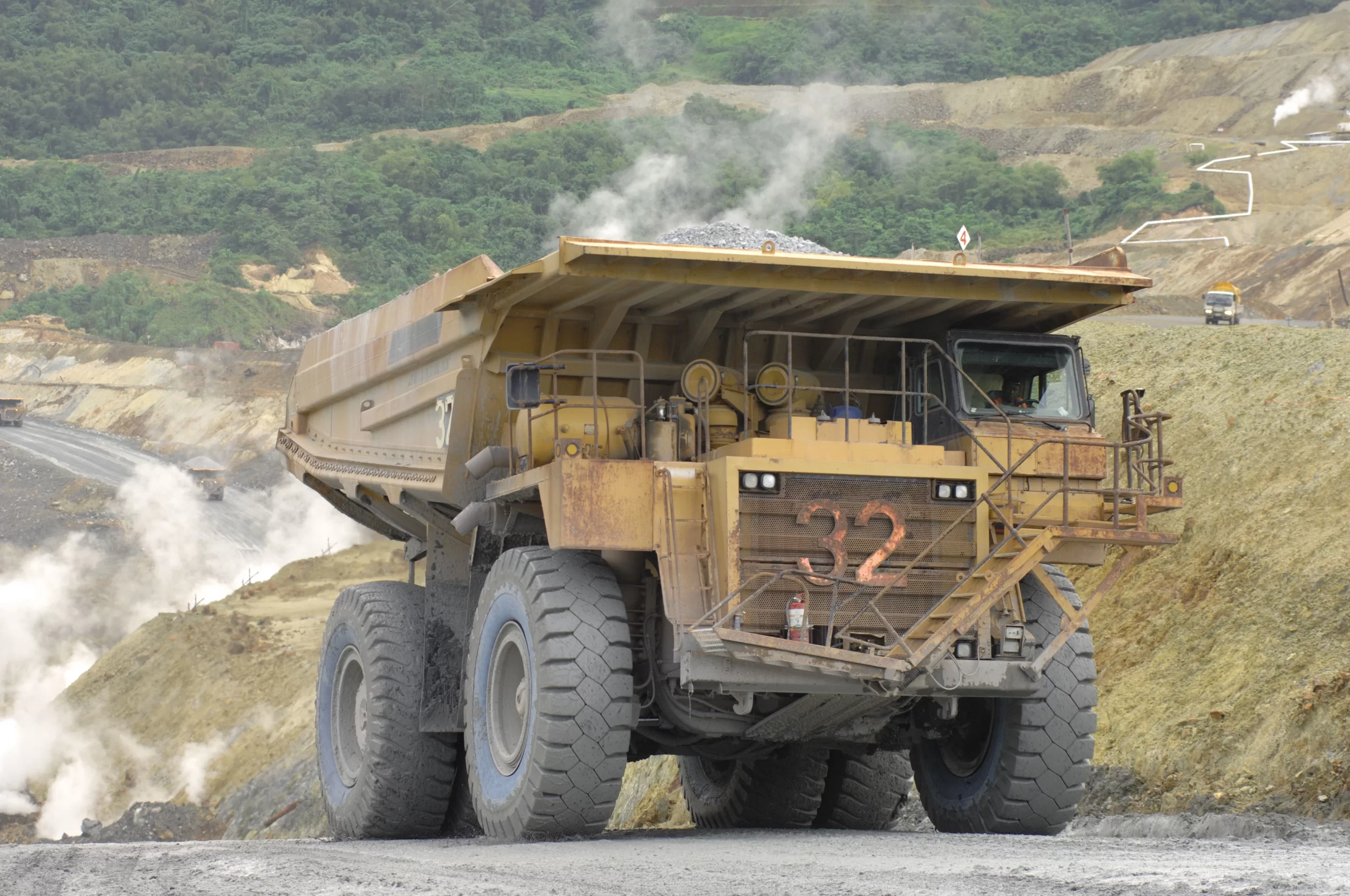improving extractives governance
PNGEITI Report Releases
The EITI holds all implementing countries to the same global standard. Through Validation, the EITI’s quality assurance mechanism, implementing countries are assessed on their ability to meet the provisions of the EITI Standard.

EITI 2022 Report discussed on FM100 talkshow
The Papua New Guinea Extractive Industries Transparency Initiative (PNGEITI) on 10th September, had the opportunity to appear on FM100 Talk Back Show on 10th, September. Director of Policy & Programs, George Kauli along side Advisor for Special Projects, Chris Tabel discussed the critical role PNGEITI plays in promoting transparency and accountability in the extractive sector in Papua New Guinea. The duo also provided an overview of the recently launched 2022 EITI Report, highlighting the key components that make up the report. This comprehensive document sheds light on financial flows within PNG’s mining, oil, and gas sectors. “The report provides description of PNG’s extractive sector, its contribution to the national economy, the fiscal taxation regime and the accountability and transparency of revenue received and the benefits flowing to the government, the resources impacted communities and how these benefits were distributed in 2022,” said Mr. Tabel. There were on-air interaction between the two speakers, talk show host and the listeners who called in to be part of the show. Mr. Tabel reminded the listeners that 2022 EITI Report is a public document and can be accessed by anyone interested in understanding the financial dynamics of our resource industries. Director Kauli also took the opportunity to give an update on the Commission Bill.
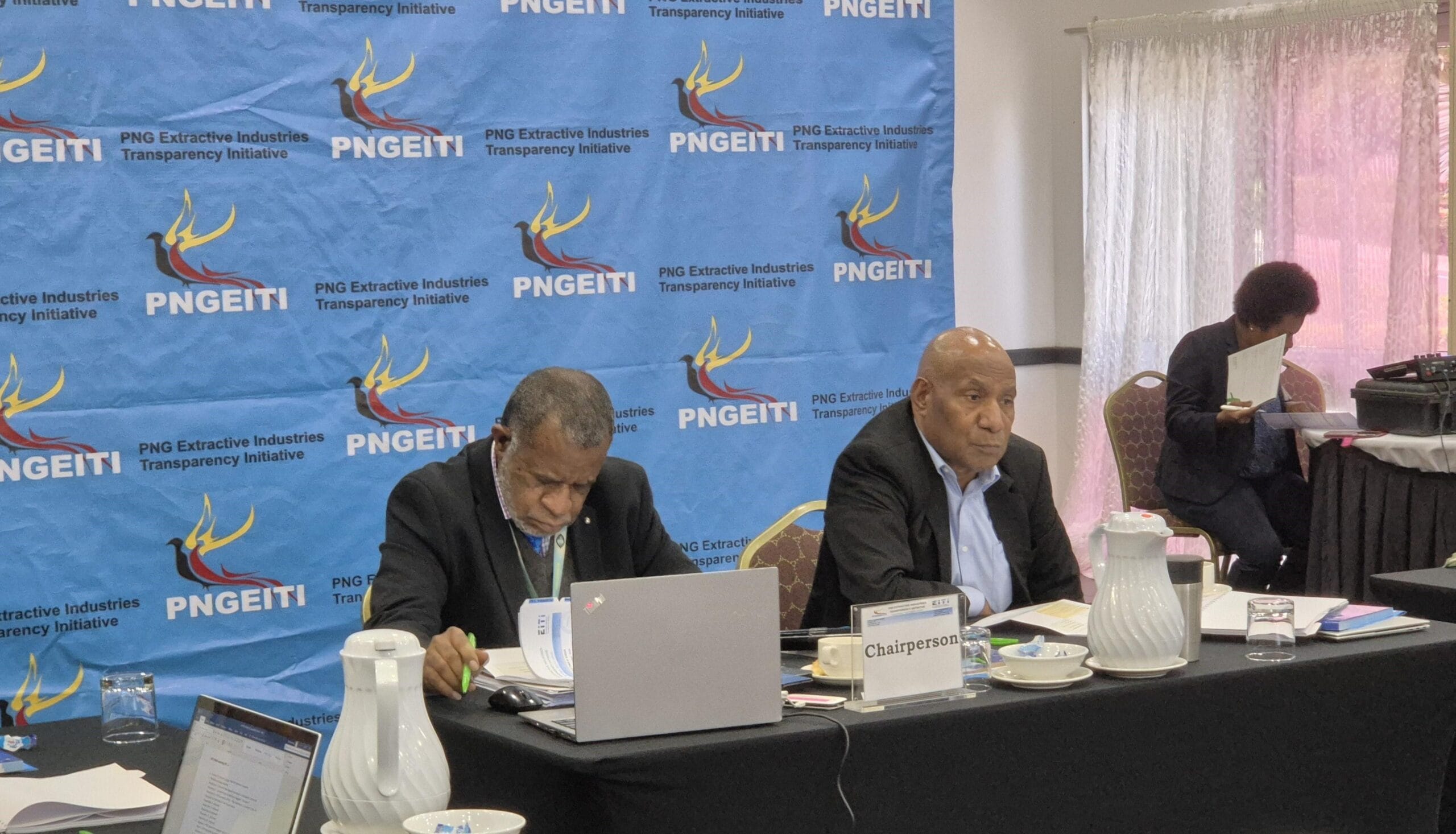
PNGEITI hosts second quarter MSG meeting
The PNGEITI Multi-Stakeholder Group (MSG) held its second quarter meeting of 2024 at Holiday Inn, Port Moresby on Friday, September 6th. The meeting brought together MSG members and PNGEITI National Secretariat to discuss issues of importance concerning the National Secretariat. The meeting began with the review of matters arising from meeting minutes of first quarter, 2024. National Secretariat staff provided an update on financial year 2023 PNGEITI report preparation and PNGEITI Commission Bill. There were discussions on a number of projects which includes the Japanese International Cooperation Agency (JICA) Phase 2 and World Bank funded projects among others.

PNGEITI Executive Director looks at investing in his staff to drive Secretariat forward
The Papua New Guinea Extractive Industries Transparency Initiative is looking at investing in its own staff to drive forward the goals and objectives of the Secretariat. PNGEITI recently employed eight new professionals boosting the number of employees to 17. Executive Director, Lucas Alkan says PNGEITI is in a transactional phase passing on from being a Secretariat to a Commission once the Commission Bill gets passed and it needs qualified professionals to lead the institution. Mr. Alkan encouraged the staff to pursue further training and studies to position themselves to lead the Secretariat. “I encourage you all to keep learning, even if it means to pursue further training overseas as this will benefit the Secretariat and the country as a whole. I am ready to release you on full pay to pursue further training even if it means for you to go overseas,” said Mr. Alkan. ”The Secretariat plays an important role in advocating transparency in the extractive sector and this requires qualified professionals to be in the forefront and I am counting on you to drive this forward,” he said. The Executive Director made this remarks when congratulating 14 of his staff who graduated with Certificates in Government and Public Service. As part of the on-going training program, total of 14 staff from PNGEITI graduated on 08th August with National Certificate 2 in Government and Public Service. This follows a week-long induction course at the Somare Institute of Leadership and Governance (SILAG) in Port Moresby, National Capital District. Under the guidance from SILAG Legal Council, PNGEITI staff took an oath to be loyal and committed in their duties as public servants. SILAG representative, Nellie Arabagali encouraged the graduating staff to serve the public service with commitment and dedication. The course offered by SILAG is undertaken by probationary officers before being employed in public service. The induction training provides the participants with necessary knowledge and attitude required for them to perform in a public service work environment. Trainer, Andrew Walne said the curse is all about working in a public sector environment, knowing the public service systems, processes and procedures as well as the legislative requirements in order to provide quality services to the public. The course is a base level qualification which complies with the requirements of the Public Service General Orders.
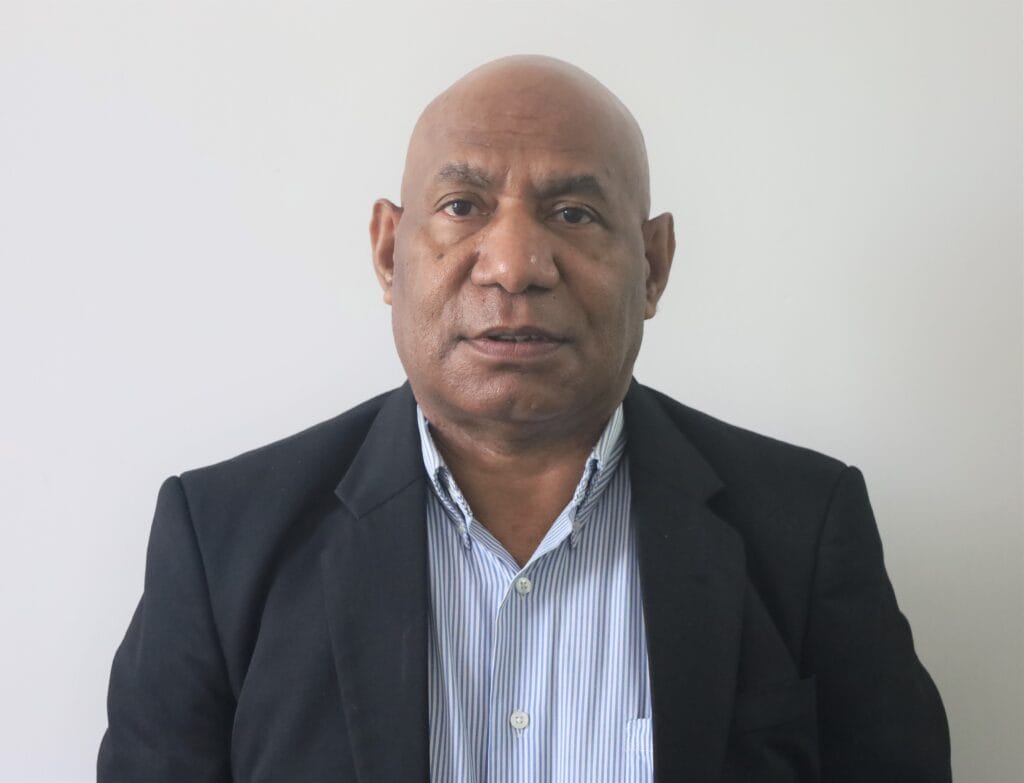
PNGEITI CALLS ON RESOURCE COMPANIES IN THE EXTRACTIVE SECTOR TO BE TRANSPARENT IN THEIR OPERATIONS
The PNG Extractive Industries Transparency Initiative (PNGEITI) has called on companies operating in the extractive sector to honour their commitments in the EITI process by being transparent in all areas of their operations including their obligation to pay taxes to the government. The Executive Director of the PNGEITI National Secretariat, Lucas Alkan said these companies made their commitments to the EITI reporting framework when they signed up to supporting the Government to implement the EITI Global Best Practice Standard in 2013. The call by PNGEITI follows concerns by the Internal Revenue Commission (IRC) last month that leading mining companies are not complying to mandatory obligation in paying Dividend Withholding Tax (DWT). The IRC emphasised that lack of DWT payments implied that these companies were either not generating adequate profits or they were simply avoiding their tax obligation, thus depriving the government of much needed revenue. The IRC said the payment of these taxes, not only upholds fair tax practices but supports the national economy and government’s revenue. The IRC Commissioner General indicated that despite a significant increase from K9 billion in 2013 to K44.2 billion in 2021 as reported by the Bank of PNG in its Quarterly Economic Bulletin (QEB), there has been no corresponding dividend payments to the stakeholders from these resource companies. The President of PNG Chamber of Resources and Energy (PNGCORE), in a media statement explained that companies in the resources sector were re-investing their profits back into the country. He emphasised that all existing projects have dedicated significant capital on mine expansion and on development projects. The Executive Director of the PNGEITI says that the extractive sector resources companies may be re-investing in expansions and capital expenditures as stated by PNGCORE, however they must provide actual figures to justify this in the EITI annual reports as members of the EITI. “Re-investing in expansions among other capital expenditures are good for the economy and the PNGEITI supported what they were doing, but this must be justified by providing actual data or figures on such expenditures in the EITI reports for transparency purposes,” said Mr. Alkan. “I’m calling on resource companies to disclose to the public the actual figures expended on re-investing in expansions and capital expenditures as these alone will justify their stance,” said Mr Alkan. The call for transparency and accountability in PNG’s extractive sector is not just about compliance but it has broader implications for good governance, social equity and sustainable development in the country. Mr Alkan added that enhanced transparency can lead to better resource management, build trust among different stakeholders and contribute to long term development goals. He said these companies signed the Multi-Stakeholder Group (MSG) Memorandum of Understanding (MoU) in 2013 to be transparent in their operations through the EITI reporting process and they must always demonstrate that they are honouring their commitments. The PNGEITI reports are considered as reliable and comprehensible source of information aimed at increasing industry transparency and accountability. This is because the reports are prepared by independent administrators in accordance with the requirements of the EITI Standard. The extractive sector contributes significantly to the economy, both directly and indirectly in terms of government revenues and its contribution to GDP, whilst also delivering a range of socio-economic benefits. The revenue streams deemed material for EITI reports include those that contribute 2% or more of the total known revenue received by the government from the mining and petroleum sectors for that financial year. Revenue streams which are not considered material for reconciliation are reported unilaterally by the receiving government entity, or in the case of social expenditures, by the companies making the payments. According to PNGEITI Reports, the Dividend Withholding Tax payments received from 2013 to 2021 was considered not material for reporting. This meant that government revenue coming from DWT was consistently under 2% of total receipts annually. For instance in the 2017 and 2018 PNGEITI reports, K47, 229, 739 and K387, 722 were received respectively as DWT payments. Mr Alkan said from January 2017, a standardised DWT rate across all sectors of 15% came into effect. Prior to this, withholding taxes had been concessional for resource taxpayers, with the DWT rate being nil for dividends paid out of gas or petroleum income and 10% for dividends paid by companies engaged in mining operations. Taxation amendments were introduced in the 2018 and 2019 Budgets that exempted the PNG LNG sourced profits from paying dividends consistent with the PNG LNG Gas Agreement and that also contributed to low DWT revenue to the government from 2018 to 2022. The table below provides a summary of DWT received by the government from the years 2013 to 2022 as contained in the PNGEITI Reports that have been published over these years. 2013 2014 , 2016 2017 2018 2019 2020 K000 K000 K000 K000 K47,229,739 K387,722 K000 K000 2021 2022 G000 K000 Source: PNGEITI Reports 2013 to 2022
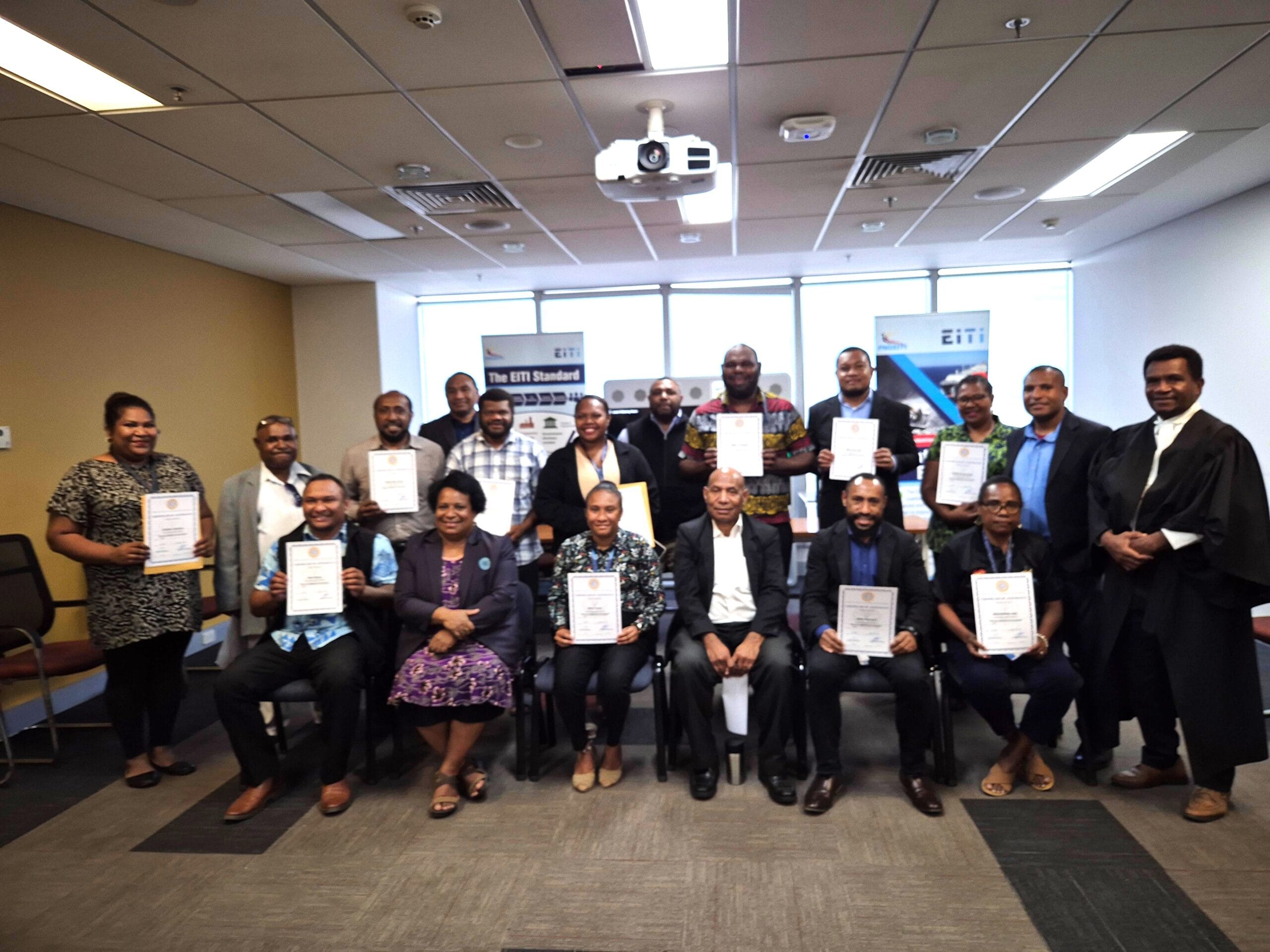
PNGEITI staff inducted into public service
A total of 14 staff from PNGEITI graduated on 8th August (08-08-24) with National Certificate 2 in Government and Public service. The graduation follows a week-long induction course at Somare Institute of Leadership and Governance (SILAG) in Port Moresby, National Capital District. Under the guidance from SILAG legal council, PNGEITI staff took an oath to be loyal and committed in their duties as public servants. SILAG representative, Nellie Arabagali encouraged the graduating staff to serve the public service with commitment and dedication. PNGEIT Executive Director, Mr. Lucas Alkan encouraged the graduating staff to keep learning and to pursue further training either within or outside the country as this will help benefit the secretariat. The course offered by SILAG is undertaken by probationary officers before being employed in public service. The induction training provides the participants with necessary knowledge and attitude required for them to perform in a public service work environment. Trainer, Andrew Walne said the curse is all about working in a public service environment, knowing the systems, processes and procedures as well as legislative requirement in order to provide quality services to the public service. The course is a base level qualification which complies with the requirements of the Public Service General Orders.
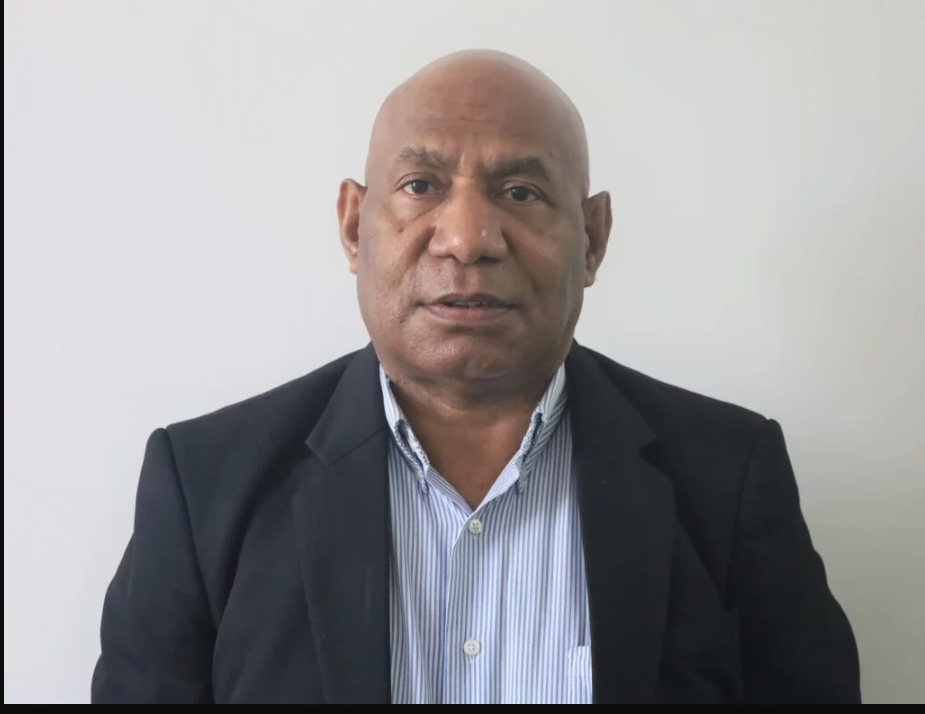
PNGEITI CONCERNED OVER UNREGULATED MINING ACTIVITIES IN THE COUNTRY
The PNG Extractive Industries Transparency Initiative has expressed concern over unregulated mining activities in the country. Executive Director for PNGEITI National Secretariat, Mr. Lucas Alkan says alluvial mining are largely unregulated activities which raises concern. “Unregulated mining activities leaves authorities and stakeholders with limited information about this segment of mining industry and this is a concern,” said Mr. Alkan. The concerns from PNGEITI over alluvial mining follows comments by PNG Chamber of Resources and Energy President, Anthony Smare that there is a problem on how alluvial gold is produced in the country. The recent PNGCORE summit heard that bigger mining companies operating in the country are subject to PNG Mining Act and even international laws on mining and they are obligated to comply but the problem exists with alluvial gold producers who may underreport the quantity of the minerals produced. Mr. Alkan expressed similar concern that the sector (alluvial mining) is largely unregulated that there is limited information about its magnitude and the scope of its activities. PNGEITI Report 2022 raised similar concerns, strongly calling for proper coordination and regulatory mechanisms to keep track of opportunities and challenges that someone engaged in alluvial mining is faced with. “Alluvial mining and associated activities contributed to economic well-being of a good number of people living in remote parts of the country. Taking an inclusive government approach in regulating different facets of the mining industry is important. In this way we can give every participant a fair share,” Mr Alkan stated in the PNGEITI Report 2014. The Mining Act of 1992 allows people to mine for alluvial minerals on their land by using non- mechanical means without the need for a mining licence and this activity can be categorised as an informal activity that involves millions of kinas. Mineral Resource Authority reported that K640 million kina was made from alluvial mining in 2022 and estimates this figure to increase in the coming years. Mr Alkan says alluvial mining activities will continue to increase and therefore it is important that the Government takes stock of the magnitude of this informal activity and considers formalising this activity by putting in place proper coordination and regulatory mechanisms to keep track of this segment of the mining activity. ENDS/////////
